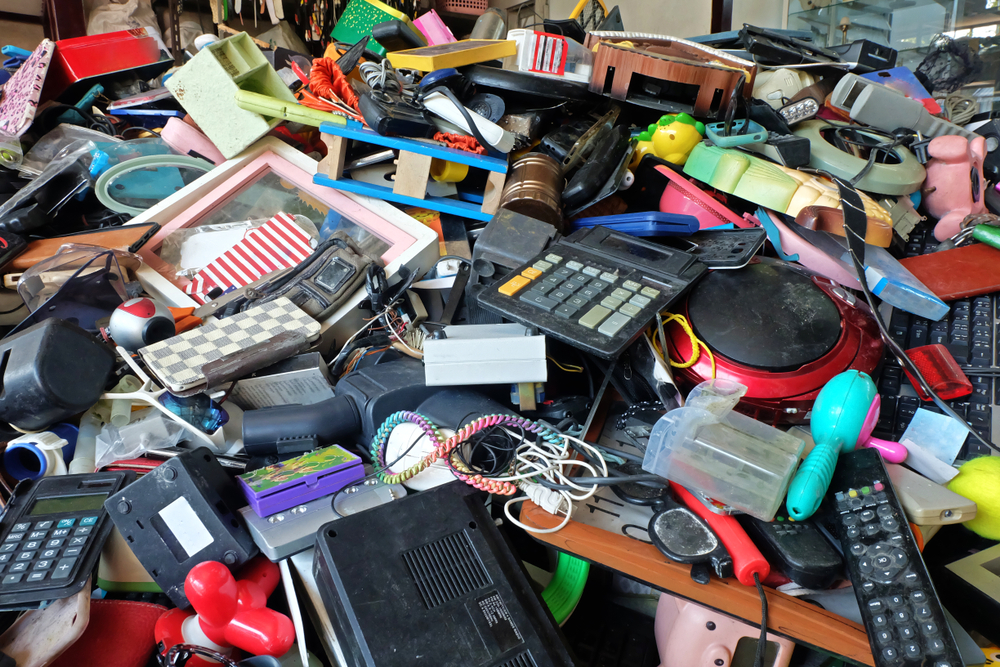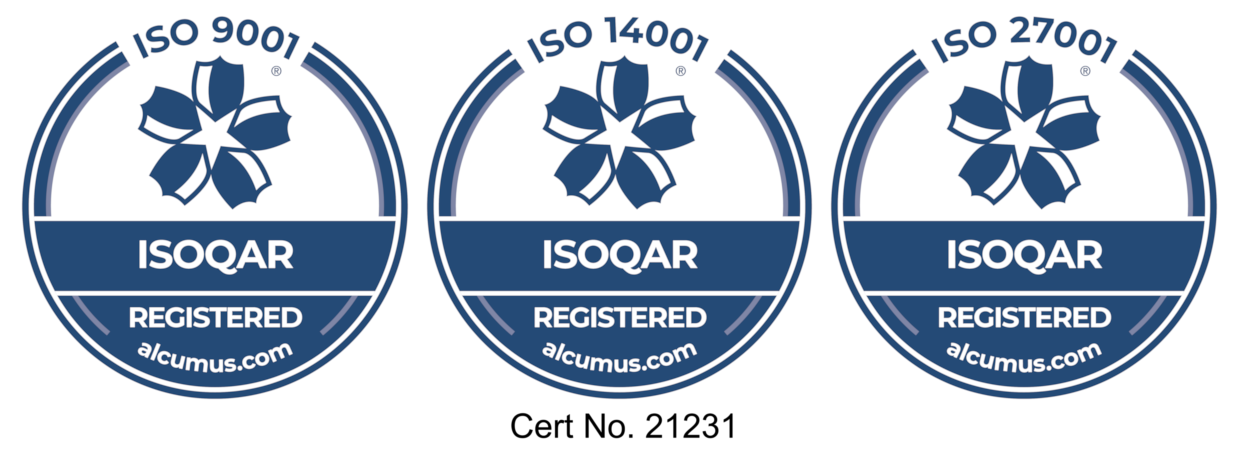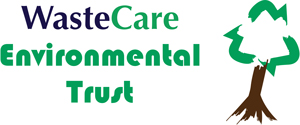A £2.1m project backed by Defra and the Welsh government has set out five policy recommendations to increase the capture of Critical Raw Materials (CRMs) from WEEE. The CRM Recovery project outlined the findings of a three-year study into the recovery of CRMs, and looked at the recovery of valuable materials such as silver, gold and platinum which are present in many common electrical items.
 These materials are described as being ‘economically and strategically important’ for the European economy but have a high-risk associated with their supply. Some studies have suggested that more gold can be extracted from a tonne of mobile phones than from a tonne of gold ore, the research noted. In a Layman’s report released last month (February 2019), the project called for governments to:
These materials are described as being ‘economically and strategically important’ for the European economy but have a high-risk associated with their supply. Some studies have suggested that more gold can be extracted from a tonne of mobile phones than from a tonne of gold ore, the research noted. In a Layman’s report released last month (February 2019), the project called for governments to:
- Redesign and harmonise waste electrical and electronic equipment (WEEE) collection infrastructure
- Increase awareness amongst citizens and businesses
- Create incentives for collection and recycling organisations
- Continue innovation and research on CRM recovery and foster international collaboration
- Introduce CRM-specific requirements into standards
Carl Nichols, Head of WRAP Cymru, said: “For both economic and environmental reasons, we must address the high risk associated with the supply of critical raw materials, which is of growing concern to businesses and governments. This project has provided important insights that will help to achieve this. “The Layman’s Report provides clear policy and infrastructure recommendations to optimize waste electrical and electronic equipment collections and maximise critical raw material recovery. I am excited about the profound impact their implementation could have on the electronics industry and the wider economy, both here in the UK and elsewhere in Europe.”





